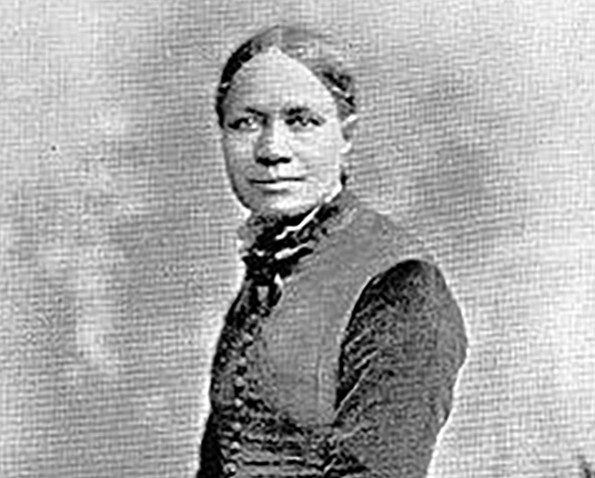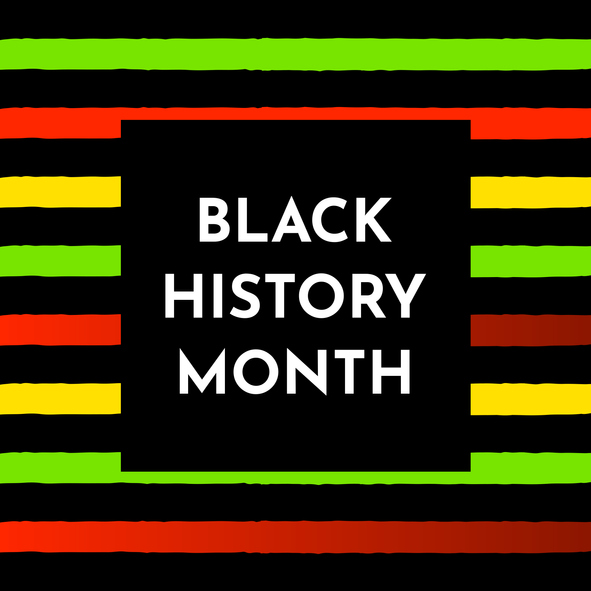Today’s Thoughtful Thursday pays tribute to three African American women poets: Jessie Redmon Fausetz, Audre Lorde, and Natasha Trethewey.
Jessie Redmon Fausetz (1882-1961) played an important part in the Harlem Renaissance as the literary editor of The Crisis, a magazine founded by W.E.B.Dubois. A graduate of Cornell University in 1905, she was a teacher before and after her stint at The Crisis, and was a prolific writer who included her own works in The Crisis along with works from Langston Hughes, Jean Toomer and Claude McKay. She was a poet and a novelist.
Audre Lorde (1934-1992) was a poet, feminist, and civil rights activist. After graduating from Hunter College and getting a masters from Columbia University, she worked as a librarian for seven years before publishing her first volumn of poems in 1968. Through her poems and other writings Lorde was a powerful advocate for civil rights, feminism, and the exploration of black female identity.
Natasha Trethewey (b. 1966) was born in Mississippi, studied English at the University of Georgia, earned an MA in English and creative writing from Hollins University, and received an MFA in poetry from the University of Massachusetts, Amherst. She has rooted much of her writing in her experiences of growing up biracial in the deep South. She won a Pulitzer Prize for poetry in 2007 for her third book of poems, “Native Guard”. In 2012 she was named Poet Laureate of the state of Mississippi and the 19th Poet Laureate of the United States.
Share the works of these three great poets with your children, and enjoy.
Oriflamme
I think I see her sitting bowed and black,
Stricken and seared with slavery’s mortal scars,
Reft of her children, lonely, anguished, yet
Still looking at the stars.
Symbolic mother, we thy myriad sons,
Pounding our stubborn hearts on Freedom’s bars,
Clutching our birthright, fight with faces set,
Still visioning the stars!
Jessie Redmon Fausetz
For Each Of You
Be who you are and will be
learn to cherish
that boisterous Black Angel that drives you
up one day and down another
protecting the ploace where your power rises
running like hot blood
from the same source
as your pain.
When you are hungry
learn to eat
whatever sustains you
until morning
but do not misled by details
simply because you live them.
Do not let your head deny
your hands
any memory of what passes through them
not your eyes
nor your heart
everything can be used
except what is wasteful
(you will need
to remember this when you are accused of destruction.)
Even when they are dangerous examine the heart of those machines you hate
before you discard them
and never mourn the lack of their power
lest you be condemened
to relieve them.
If you do not learn to hate
you will never be lonely
enough
to love easily
nor will you always be brave
although it does not grow any easier
Do not pretend to convenient beliefs
even when they are righteous
you will never be able to defend your city
while shouting.
Remember whatever pain you bring back
from your dreaming
but do not look for new gods
in the sea
nor in any part of a rainbow
Each time you love
love as deeply as if were
forever
only nothing is
eternal.
Speak proudly to your children
where ever you may find them
tell them
you are offspring of slaves
and your mother was
a princess
in darkness.
Audre Lorde
History Lesson
I am four in this photograph, standing
on a wide strip of Mississippi beach,
my hands on the flowered hips
of a bright bikini. My toes dig in,
curl around wet sand. The sun cuts
the rippling Gulf in flashes with each
tidal rush. Minnows dart at my feet
glinting like switchblades. I am alone
except for my grandmother, other side
of the camera, telling me how to pose.
It is 1970, two years after they opened
the rest of this beach to us,
forty years since the photograph
where she stood on a narrow plot
of sand marked colored, smiling,
her hands on the flowered hips
of a cotton meal-sack dress.
Natasha Trethewey
Incident
We tell the story every year—
how we peered from the windows, shades drawn—
though nothing really happened,
the charred grass now green again.
We peered from the windows, shades drawn,
at the cross trussed like a Christmas tree,
the charred grass still green. Then
we darkened our rooms, lit the hurricane lamps.
At the cross trussed like a Christmas tree,
a few men gathered, white as angels in their gowns.
We darkened our rooms and lit hurricane lamps,
the wicks trembling in their fonts of oil.
It seemed the angels had gathered, white men in their gowns.
When they were done, they left quietly. No one came.
The wicks trembled all night in their fonts of oil;
by morning the flames had all dimmed.
When they were done, the men left quietly. No one came.
Nothing really happened.
By morning all the flames had dimmed.
We tell the story every year.
Natasha Trethewey






Leave A Comment